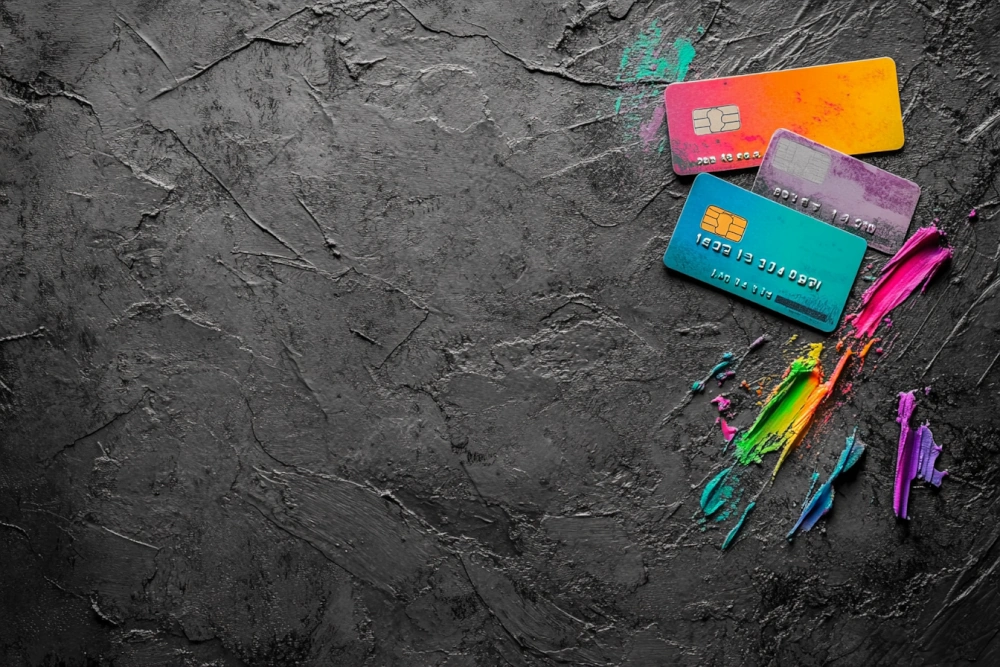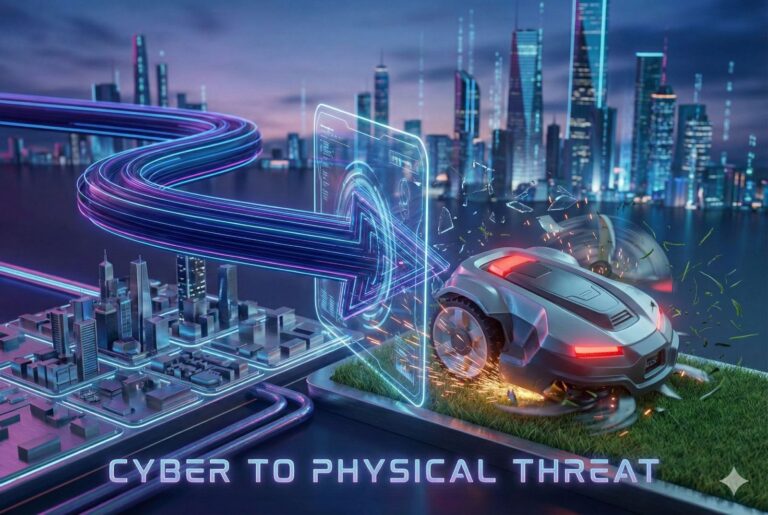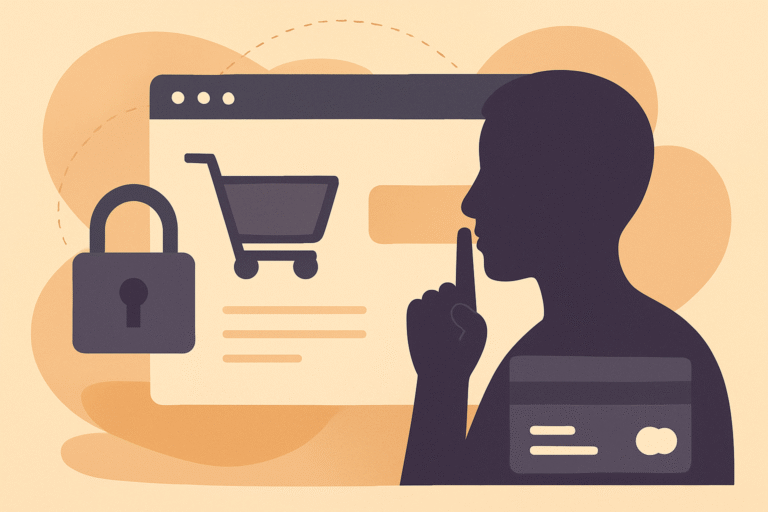When you want to make online payments without leaving a clear personal trail, prepaid cards can be powerful tools. But not all prepaid options offer the same level of privacy. Some can be bought with cash and used instantly, while others demand identity verification (KYC) that defeats the whole purpose.
Here’s how the most popular prepaid and virtual cards stack up in terms of anonymity, ease of use, and overall usefulness.
Best Overall: Vanilla Visa & Mastercard Prepaid
- Purchase Anonymity: Buy with cash at major retailers.
- Transaction Anonymity: Work almost everywhere online without exposing personal details.
- Registration: No setup required.
- Availability: Widely sold in grocery stores, pharmacies, and convenience shops.
These cards shine as a disposable, one-time payment method. The only drawback: they cannot be reloaded.
Good Alternatives: Prepaid Visa/Mastercard (Generic Store-Bought)
- Some stores require registration if you want to reload.
- Purchase anonymity depends on retailer policy (cash may or may not be accepted).
- Still widely usable for online shopping.
Practical for short-term use, though slightly less private than Vanilla-branded cards.
Digital Option: Movo Virtual Prepaid Visa
- Requires some basic information but no SSN.
- Can be funded with cryptocurrency for an extra privacy layer.
- Works well for online payments and recurring use.
Not as anonymous as a cash-bought card, but flexible for those already using crypto.
Everyday Use: Amex Serve & PayPal Prepaid Mastercard
- Amex Serve: Sometimes cash-purchasable, but often requires personal info. Reliable, reloadable, widely available.
- PayPal Prepaid Mastercard: Linked to your PayPal account. Convenient but poor for privacy.
Both are solid if you don’t mind sharing some personal information.
Low Privacy: Crypto.com & BitPay Prepaid
- Require strict identity verification (KYC).
- Transactions are recorded and traceable.
- Only available online.
Useful for crypto-to-fiat conversion, but poor for privacy-conscious buyers.
Things to Keep in Mind
- Many prepaid cards don’t work with subscriptions, international purchases, gambling, or adult services.
- Reloadable options almost always require registration, reducing anonymity.
- Disposable cards remain the safest choice for one-time private transactions.
Alternatives to Consider
- Privacy.com: Creates burner cards tied to your bank.
- Banks like Capital One, Citi, Amex, and Bank of America: Offer temporary card numbers for safer online transactions.
ObscureIQ Insight
For maximum privacy, Vanilla Visa/Mastercard prepaid cards bought with cash remain the gold standard. They combine high anonymity with broad acceptance—ideal for single-use, private payments.
If you need something reloadable, Movo Virtual Prepaid Visa offers a decent balance of usability and anonymity. For most others, Amex Serve or PayPal Prepaid can work, but don’t expect them to shield your identity.
In short: If privacy is the mission, keep it simple—cash and a Vanilla card still win.
August 2025 Update
- Regulatory rules now require prepaid vendors to disclose detailed fees and protections, improving transparency but reducing purchase anonymity.
- Increased AML and fraud controls mean some retailers may ask for ID, even for small disposable cards.
- Reloadable prepaid cards generally require KYC registration, making them less anonymous than disposables.
- Prepaid cards with credit features are regulated with repayment assessments and monthly statements, reducing privacy further.
- Consumer protections help users but reduce anonymity—especially for high-value or reloadable cards.
- Regulatory oversight has softened under Trump’s weakened CFPB, creating both opportunities for private transactions and risks of consumer exploitation.




